Improving gender equality would lead to an increase in EU (GDP) per capita from 6.1% to 9.6%, which amounts to €1.95 to €3.15 trillion
Stewart Investors, Sustainable Funds Group
One of the key tenets of our investment philosophy has long been a focus on the cultures and the people behind the businesses we invest in.
Considering diversity within organisations is a key part of understanding those cultures better. The willingness of founders and managers to go out of their way to foster an inclusive environment and seek a diverse range of viewpoints, is suggestive of an open and growth-oriented culture.
Diversity of thought comes in many different forms, and is reflected in leadership teams with a range of different industry backgrounds, countries of residence and genders.
Why and how are we engaging on gender diversity?
We believe we invest in some of the highest quality companies across our Asia Pacific, emerging markets, and worldwide investment universes. However, gender diversity remains a work in progress, especially on senior management teams and the Board. This is a topic that is relevant to companies across our investment universe, and in our minds, a starting step towards thinking about diversity of thought more broadly.
We are by no means experts on this topic. We commissioned the University of Technology, Sydney, to research and identify policies and tools that have successfully improved the recruitment and retention of women through their careers. We shared this research with some of the companies we invest in, on behalf of clients, and continue to engage with them. From the responses, a few interesting examples of what these companies have been able to achieve include:
- An IT services provider opened an all-women Business Processing Services centre in Riyadh, employing over 1,000 women, of whom 85% are Saudi nationals. With multiple other examples of initiatives taken to retain women within the broader organisation, they have been able to keep the attrition rate for women within the company at the same level as the overall attrition rate – unique within the IT services industry.
- A company in the automotive and farming sector ensures that a minimum of 30% of new hires in ‘core’ roles of engineering, research and development (R&D), sales, and manufacturing are women. This was achieved by changing the incentive structure for recruitment consultants they work with, providing higher consultancy fees and referral bonuses for every female candidate shortlisted.
We continue to engage with and learn from the successes of companies we invest in, such as Halma, which effectively improved gender diversity across the organisation in a fairly short period of time.
Operating with a decentralised model with 44 subsidiaries across 20 countries, diversity is a key competitive advantage for the group. Yet just six years ago, Halma had 18% women on the Board and the executive team didn’t have any women. With strong leadership from CEO Andrew Williams, and buy-in from the organisation as a whole, Halma today has 40% women on its Board, 58% on the Executive Board, and 50% among it's divisional CEO.
Alongside commitment from senior managers, this has been achieved through active management of recruiters, focusing on IQ and learning agility rather than just the relevant job experience (particularly on the Board), and implementing practical, behaviour based learnings. As a decentralised organisation, Halma is very careful to balance the relationship it maintains with operating subsidiaries. The first global policy they implemented across the organisation was a parental leave policy for both parents, highlighting the importance of inclusion in the culture of the organisation.
First Sentier Investors’ ‘pathways’: a program to foster diversity
We believe a diverse workforce and inclusive workplace leads to better outcomes for our staff, clients and the wider community.
Our Pathways program seeks to foster diversity and inclusion through a number of initiatives across each region. We also actively monitor and disclose our gender equality metrics.
Underlying this commitment is a recruitment and retention framework that includes:
Recruitment protocols that safeguard against bias and ensure a diverse range of candidates are considered for roles.
Interview protocols that ensure female interviewers are part of each recruitment panel.
Programs for parents supported by a global parental leave policy.
Get the right experience for you
Your location :  Switzerland
Switzerland
Australia & NZ
-
 Australia
Australia -
 New Zealand
New Zealand
Asia
-
 Hong Kong (English)
Hong Kong (English) -
 Hong Kong (Chinese)
Hong Kong (Chinese) -
 Singapore
Singapore -
 Japan
Japan

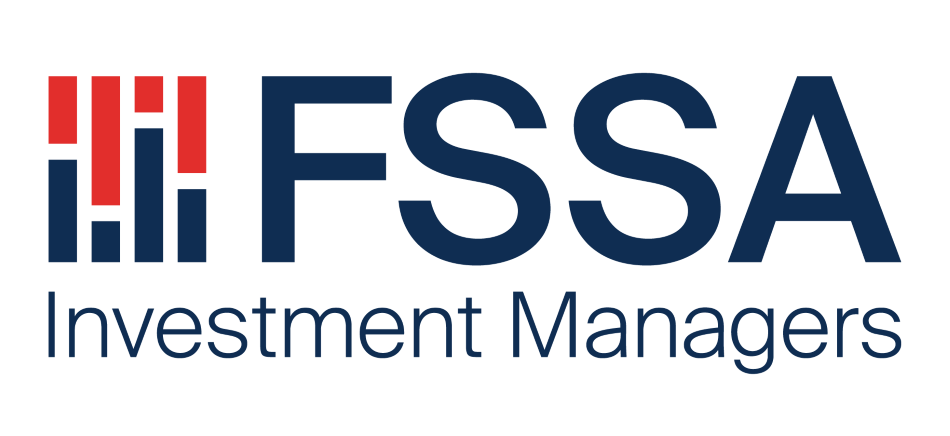
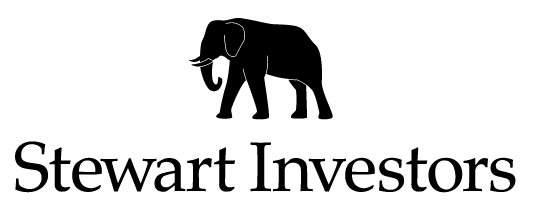
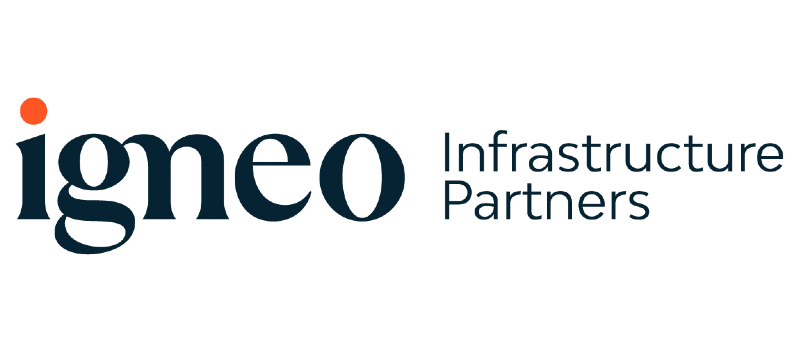


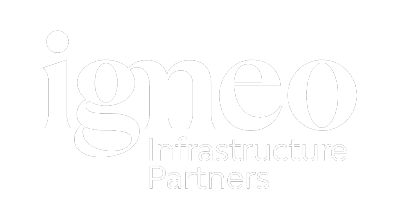

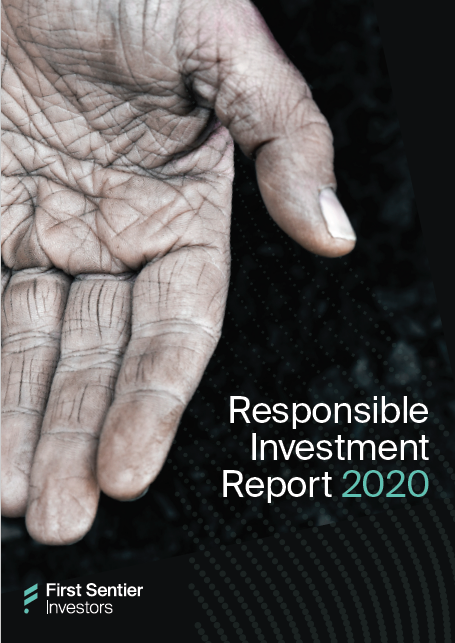
















 United Kingdom
United Kingdom 